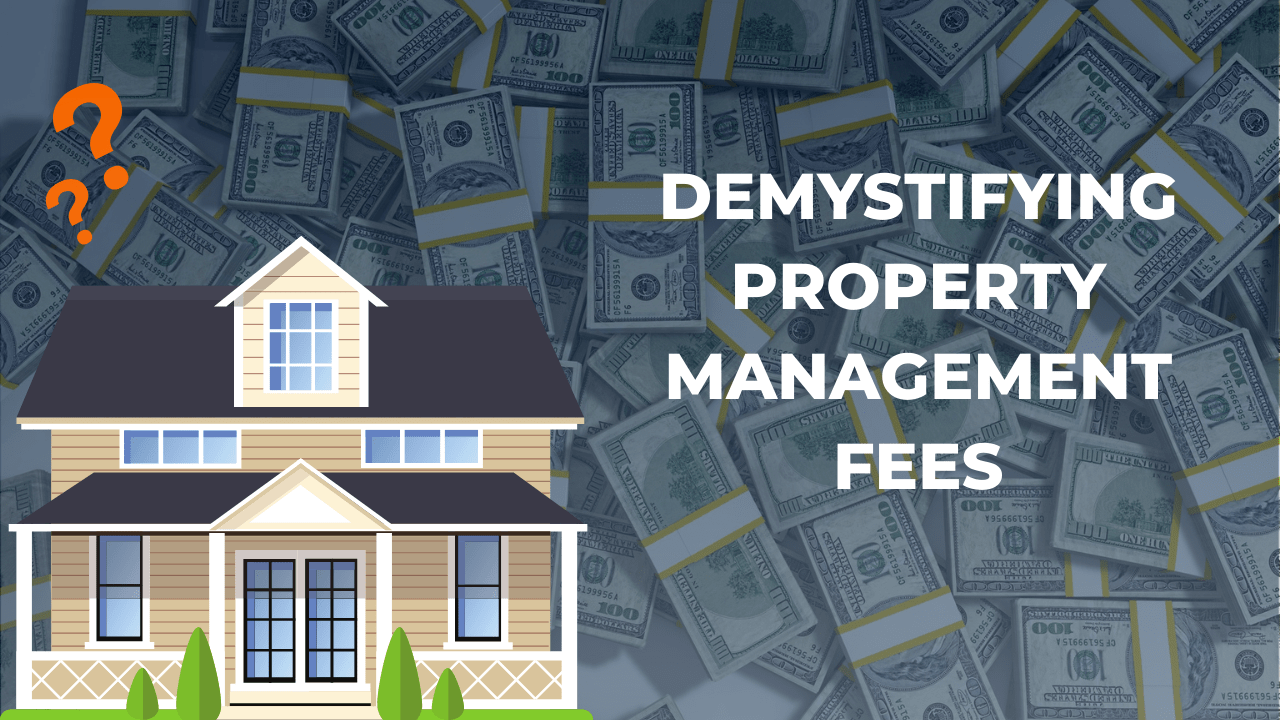Our team remains up to date and we can help you navigate these laws and requirements. Contact us at Onyx Property Management, where we serve owners and investors in the entire county, including in San Diego, Chula Vista, Oceanside, Carlsbad, and the surrounding areas.
California Laws and Regulations Impacting San Diego Property Managers

California is pretty famous for its tenant-friendly, strictly enforced, and always changing rental laws. In 2021, a lot of the new legal changes were almost forgotten about, thanks to the pandemic that ushered forth eviction moratoriums and other restrictions on rental property owners.
It’s important for owners and investors to understand the legal landscape in California and how it has recently shifted. Even if you’re an experienced San Diego real estate investor, it’s easy to make a mistake.
Below are some of the most critical laws and regulations that owners and
San Diego property managers have to be vigilant about in California.
The Tenant Protection Act: Rent Control and Eviction
Statewide rent control went into effect on January 1, 2020, and while some rental properties are exempt, many will have to comply with the rent control restrictions. This law limits the amount that landlords can raise rent from year to year. If your rental property in San Diego is bound by the rent control law, you’ll need to limit your rental increases to five percent plus the cost of living increase set by the Consumer Price Index.
There are a lot of nuances and whether your property is governed by the rent control law or not, you’ll need to communicate with your tenants and modify the language in your lease agreement.
Evictions have also changed. You can still evict tenants with cause, meaning if they stop paying rent or violate the terms of your lease agreement, you should go ahead and evict them. But, if you simply don’t want to renew the lease or you have other plans for the property that require you to remove them from the home, you’ll be required to pay a relocation fee that’s equivalent to one month’s rent.
Section 8 Tenants Can Apply for Your San Diego Rental Home
Another new law that San Diego landlords need to understand pertains to how you market your home and screen your tenants. In the past, you could actively advertise that you did not accept Section 8 tenants for a property. You cannot do that anymore.
When you’re screening tenants, you need to consider Section 8 applicants. All of your screening criteria can remain the same, but when it comes to your income standards, you have to consider a housing voucher as part of an applicant’s income. You cannot deny a Section 8 tenant if all of their other qualifications meet your criteria.
California Security Deposit Laws
Security deposit laws are also important, mostly because it’s one area where landlords often make mistakes. In fact, most tenant disputes occur because of conflicts over the security deposit. There are limits as to how much you can collect in a security deposit, but the real trouble seems to occur with the way in which a security deposit is returned.
In California, you have 21 days after a tenant moves out to return the security deposit and/or an itemized accounting of why money was withheld and what it’s being used for.
There are frequent disputes between what should be considered tenant damage and what should be considered normal wear and tear. Your move-in inspections and move-out inspections need to be well-documented. You are legally required to offer a walk-through of the property with your tenants before they move out to give them an indication of what you might deduct. If you lose a security deposit lawsuit, you can be accountable for paying the tenants three times the amount of the initial deposit.
These are only a few of the most important laws to understand when you’re renting out property in San Diego. There are new laws pertaining to HOAs and the number of properties they can allow as rentals. The fallout from the eviction moratorium is still being worked out by many landlords, and we’re always looking at potential changes in the law as it relates to the risk of owning rental property.














